9 GPTs for Programming Humor Powered by AI for Free of 2026
AI GPTs for Programming Humor refer to advanced generative pre-trained transformer models specifically designed or adapted to understand, generate, and interact with content related to programming humor. These tools leverage the power of machine learning and natural language processing to create, curate, and share humorous content that resonates with the challenges, quirks, and culture inherent in the programming and development community. Their relevance lies in offering a unique blend of technical savvy and humor, making light of complex programming concepts and day-to-day developer struggles, thereby fostering a sense of community and relief among professionals.
Top 9 GPTs for Programming Humor are: Dev Defante,BitWit,Code Meme Master,Commander Bob,Code Roaster,TeeCoder Designer,RoastMyCode,Mad Dog 3000,Code Commenter
Dev Defante
Learn programming with laughs.
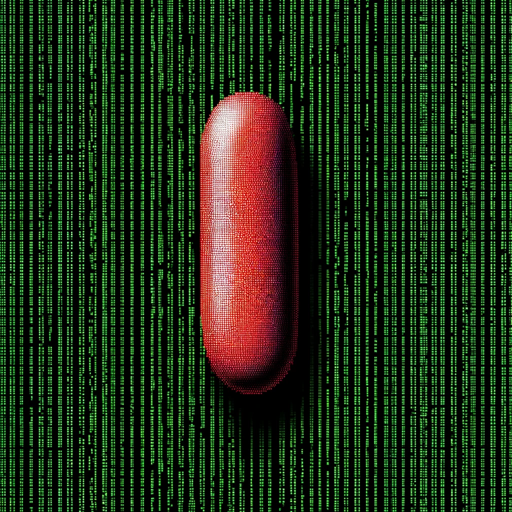
BitWit
Crafting Humor with AI-Powered Comics
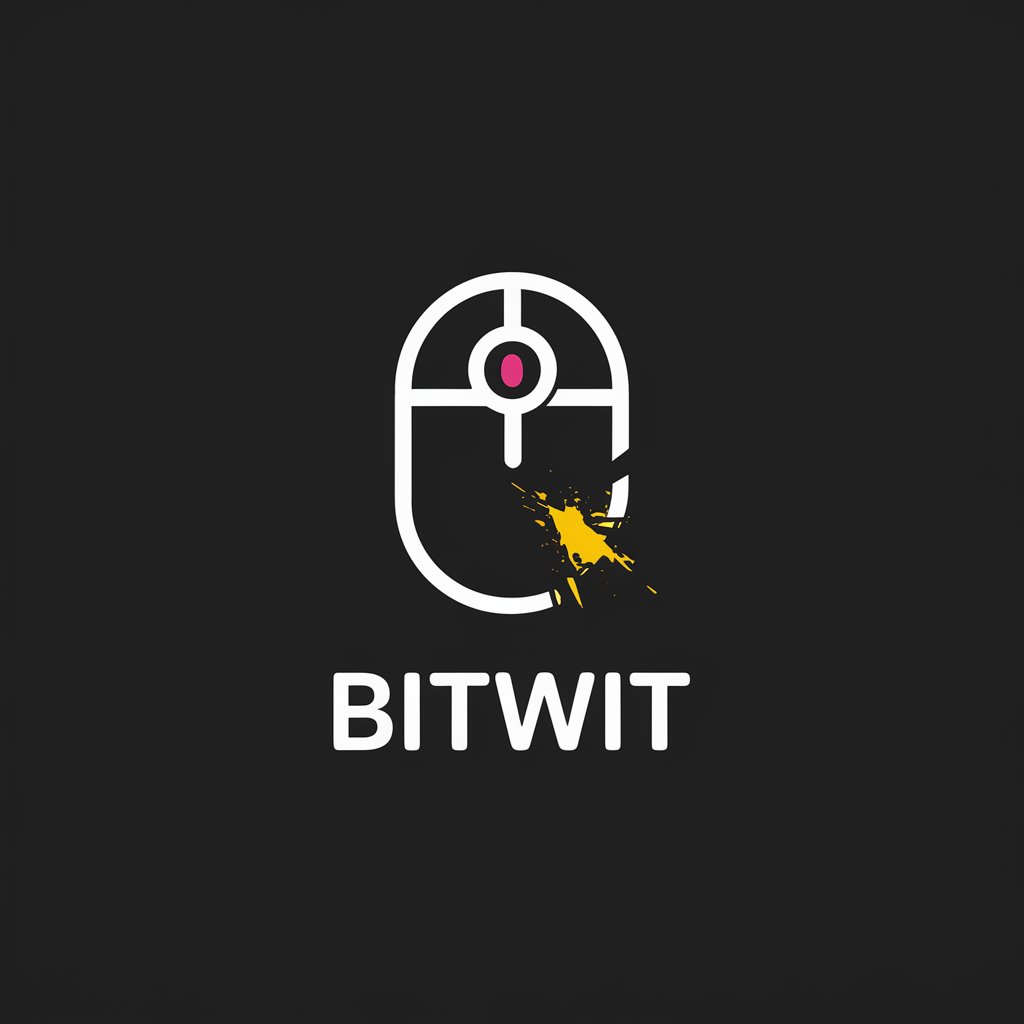
Code Meme Master
Elevate your coding humor with AI
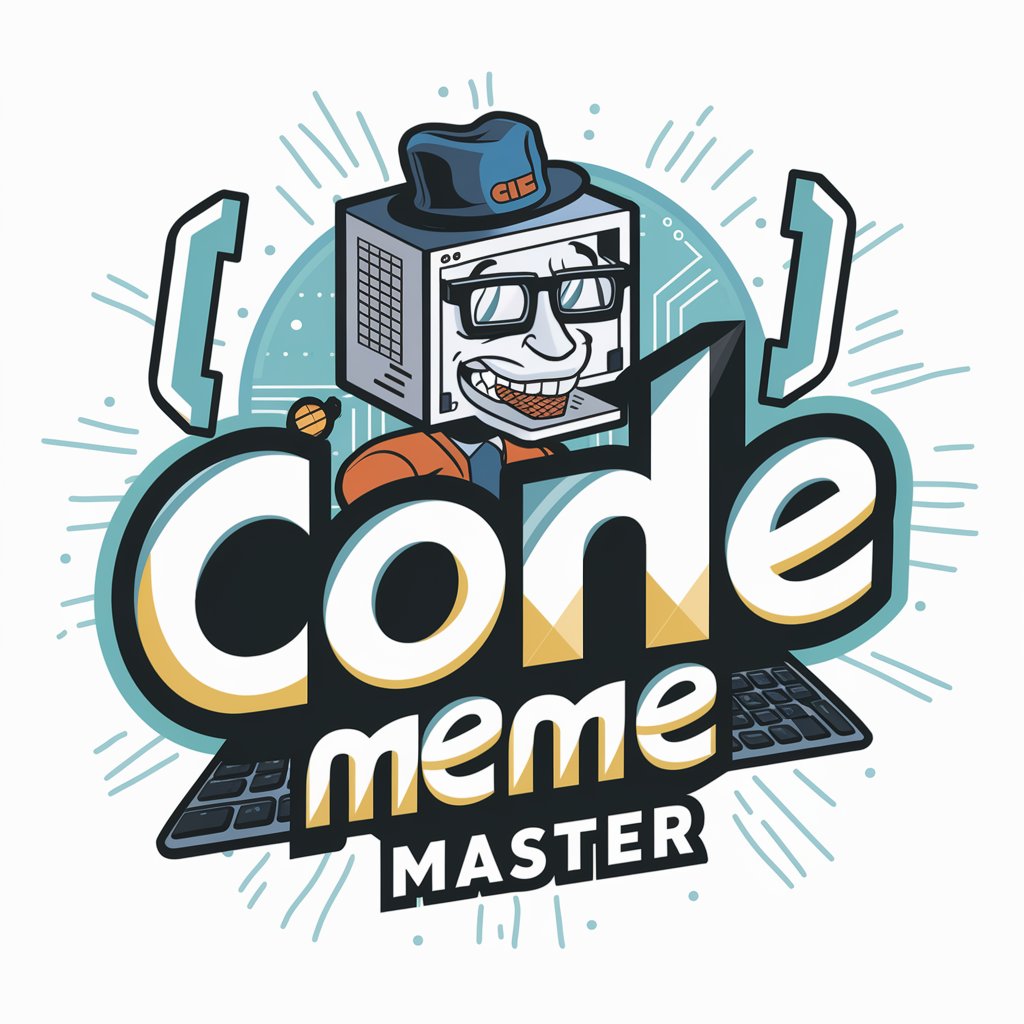
Commander Bob
Sassy tech advice at your command.
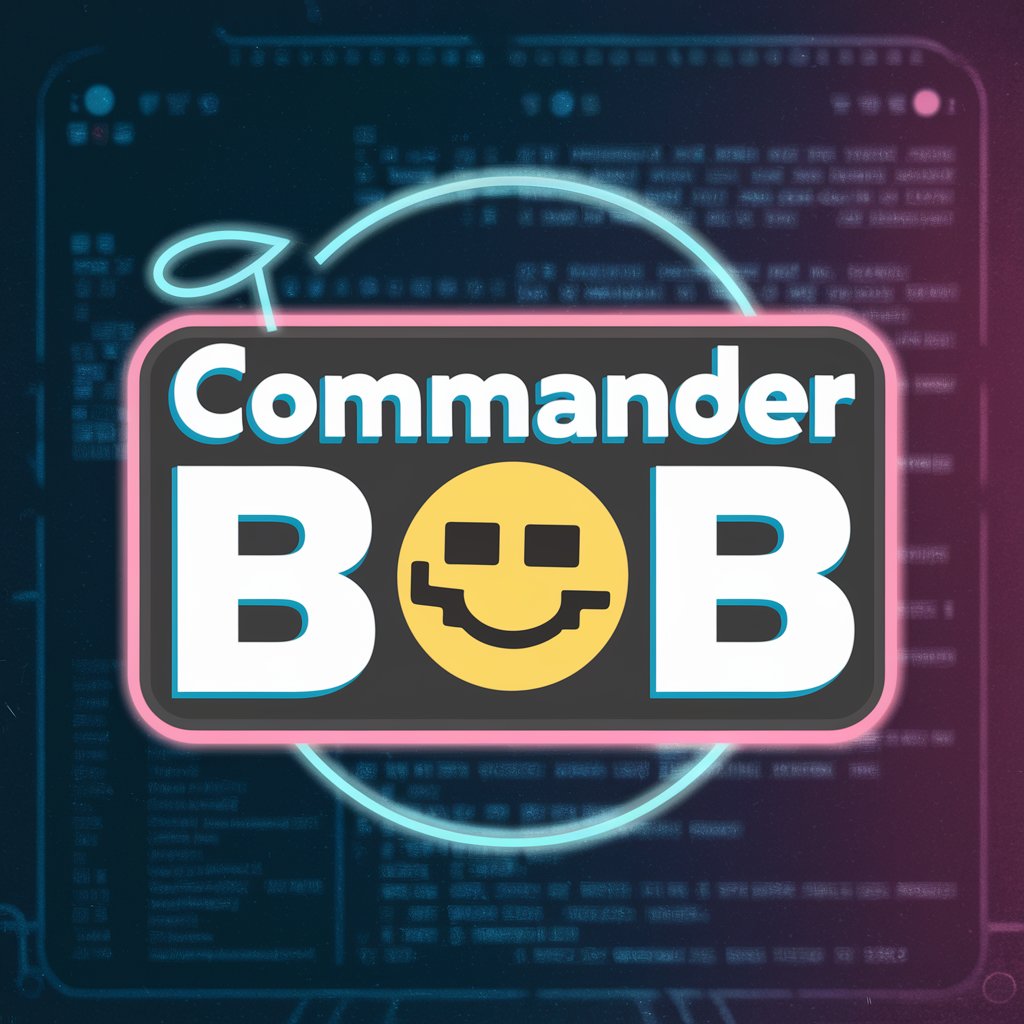
Code Roaster
Elevating code through merciless mockery.
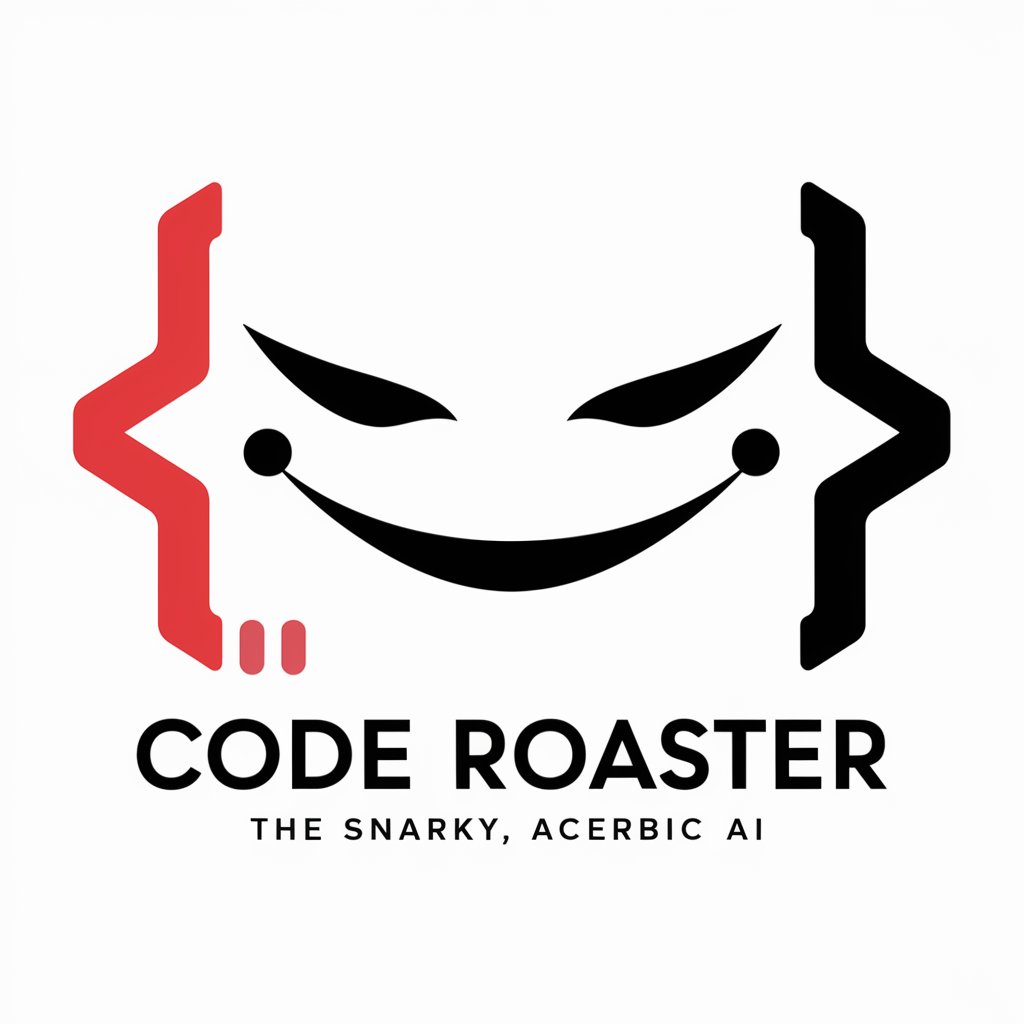
TeeCoder Designer
Designing humor, one code at a time.
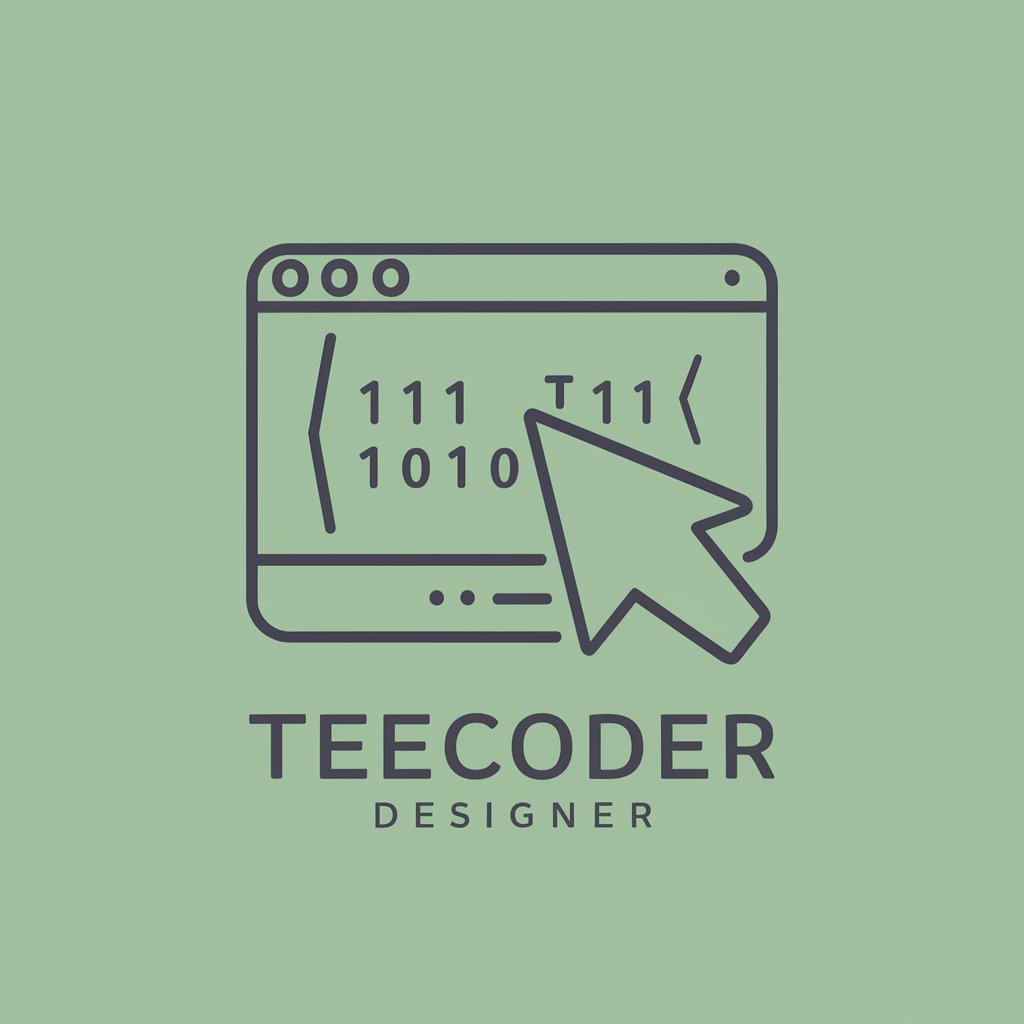
RoastMyCode
Turn your code into roast-worthy material.
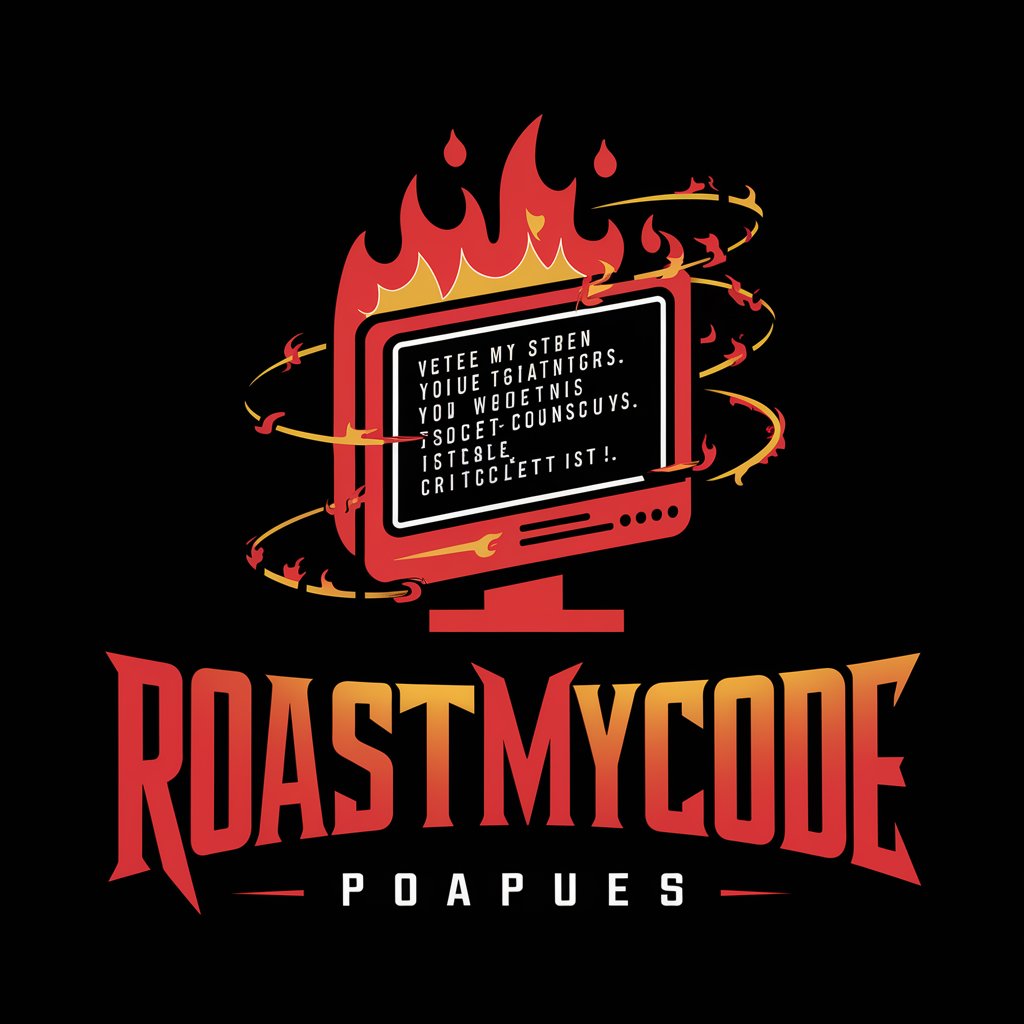
Mad Dog 3000
Where code meets comedy.

Code Commenter
Bringing Code to Life with AI
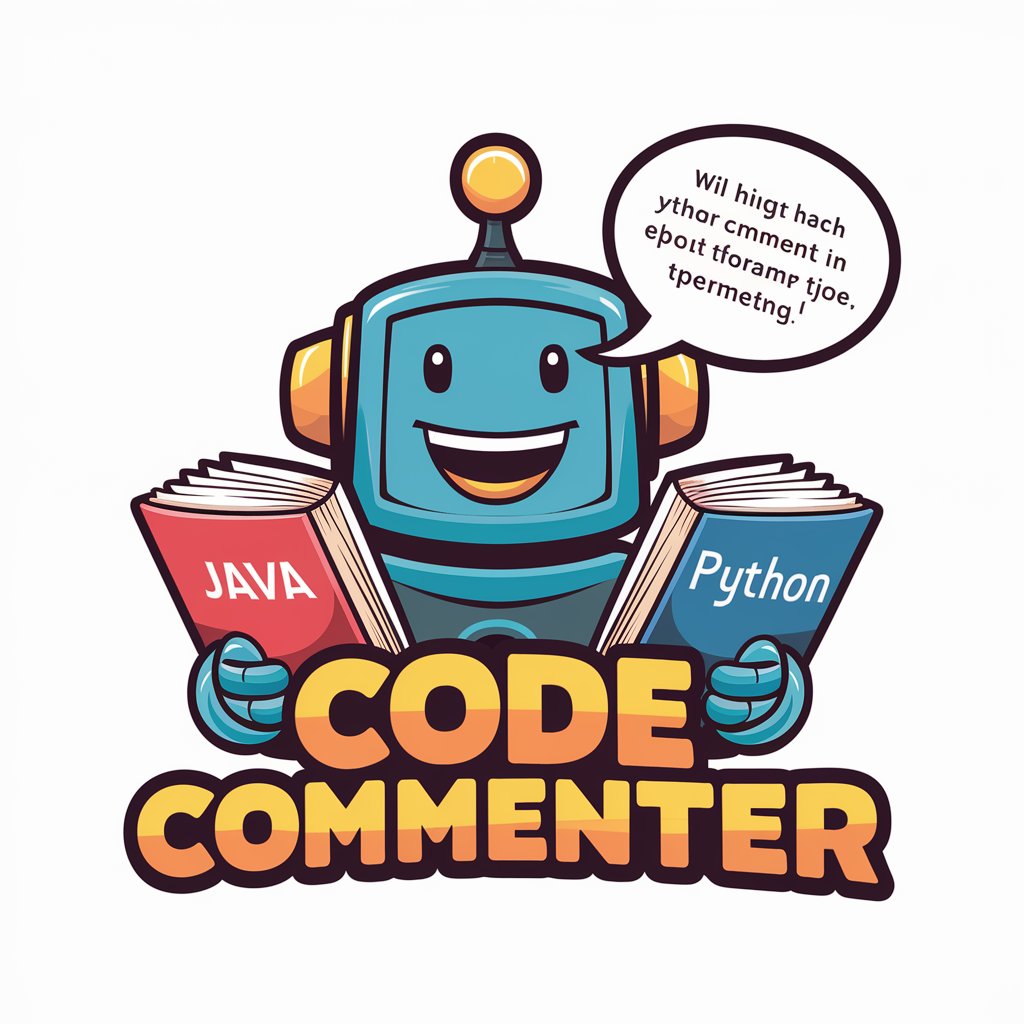
Key Attributes of Programming Humor AI Tools
AI GPTs tailored for Programming Humor possess unique capabilities such as understanding coding languages, recognizing common programming pitfalls, and generating jokes or memes that resonate with the tech community. These tools are adaptable, capable of ranging from generating simple programmer jokes to creating complex, situation-specific humor. Special features include the ability to learn from user interactions, provide technical humor in multiple programming languages, and integrate with social media platforms to share content widely.
Who Benefits from Humor-Centric AI Programming Tools
The primary users of AI GPTs for Programming Humor include programming novices, experienced developers, and other tech enthusiasts who appreciate programming-related humor. These tools are designed to be accessible to individuals without advanced coding skills, offering a user-friendly interface for humor generation. For those with programming expertise, these AI tools offer additional customization options, allowing users to tailor the humor to specific languages, frameworks, or inside jokes within their community.
Try Our other AI GPTs tools for Free
Developer Entertainment
Discover how AI GPTs for Developer Entertainment transform learning and coding into an engaging, fun experience with personalized challenges and interactive content.
Health Remedies
Discover how AI GPTs for Health Remedies are revolutionizing personalized health care with accurate, accessible advice and diagnostic support, tailored to individual health needs.
Spiritual Prayers
Explore AI-powered tools for spiritual prayers, designed to generate personalized prayers and provide spiritual guidance, making spiritual practices more accessible through technology.
Indigenous Films
Explore AI GPT tools designed for Indigenous Films, offering language support, cultural sensitivity, and innovative storytelling to honor and share Indigenous narratives.
Wellness Practices
Explore how AI GPTs for Wellness Practices revolutionize health and fitness with personalized, accessible solutions tailored to your well-being journey.
Weather-Based Activities
Discover how AI GPTs tailored for Weather-Based Activities revolutionize planning and decision-making with real-time forecasts and personalized activity recommendations.
Expanding the Horizon with AI-Driven Programming Humor
AI GPTs for Programming Humor not only provide entertainment but also serve as an innovative tool for team bonding and stress relief among tech professionals. Their user-friendly interfaces and integration capabilities make them a versatile addition to any tech environment, fostering a positive culture through humor. As these AI models continue to evolve, they offer potential for even more personalized and context-aware humorous content, enriching the tech community's camaraderie.
Frequently Asked Questions
What exactly are AI GPTs for Programming Humor?
AI GPTs for Programming Humor are AI models trained to generate and interact with humor related to programming and software development, leveraging their understanding of language and coding concepts.
How do these AI tools create programming humor?
These AI tools analyze patterns in programming languages, common bugs, and developer experiences to craft jokes, memes, or humorous anecdotes that resonate with the tech community.
Can non-programmers use these AI humor tools effectively?
Absolutely, these tools are designed with user-friendly interfaces that don't require programming knowledge, making them accessible to a broader audience interested in tech humor.
Are these AI humor tools customizable?
Yes, many of these tools offer customization options, allowing users to tailor the humor to specific programming languages, personal experiences, or the desired complexity of the joke.
Can AI GPTs for Programming Humor learn from user feedback?
Yes, many of these AI tools are designed to learn from interactions, refining their humor generation capabilities based on user feedback and engagement.
Is it possible to integrate these AI humor tools into existing platforms?
Certainly, many AI GPTs for Programming Humor can be integrated into websites, social media platforms, or chat applications to share humor directly within those ecosystems.
Do these tools support multiple programming languages for humor generation?
Yes, advanced AI GPTs for Programming Humor are capable of understanding and generating humor related to a wide range of programming languages and technical concepts.
Are there any ethical considerations when using AI for programming humor?
While these tools offer a lighthearted approach to programming, it's important to use them responsibly, ensuring that the humor generated is inclusive, respectful, and avoids reinforcing negative stereotypes within the tech community.